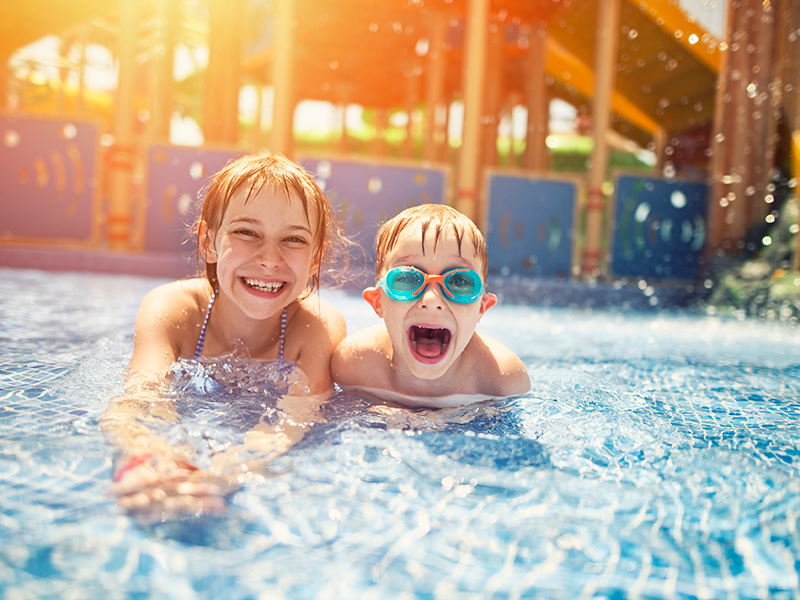Summer is here and with it comes fun in the sun. It’s important that you and your family take precautions when enjoying the outdoors this summer.
Sun protection
Stay safe by wearing protective clothing like swim shirts and long sleeves, and don’t forget hats and sunglasses.
Take advantage of the shade when possible and be especially careful to limit exposure to the sun during high-intensity hours between 10 a.m. and 4 p.m.
Always use sunscreen with an SPF of at least 30, and read labels to make sure it offers protection from UVA and UVB rays. Reapply sunscreen every two hours and immediately after swimming or sweating.
Read more about sunscreen and protecting your skin.
Babies less than 6 months old should avoid sun exposure and be dressed in long sleeves and pants with brimmed hats that cover the neck. It’s OK to apply minimal amounts of sunscreen to small areas like their face or back of hands. In case of newborn sunburn, provide relief with cool compresses.
Heat and your health
During times of peak heat and humidity, intense exercise and activity should be limited to 15 minutes to avoid heat stress. If you are beginning a strenuous exercise program or traveling to a warmer climate, limit exercise and slowly work up your pace over a period of 10 to 14 days to get acclimated to the heat.
Read more about heat exhaustion and heatstroke.
Maintain water intake to ensure hydration before and during prolonged physical activity. Even if they are not feeling thirsty, every 20 minutes:
- A 90-pound child needs 5 ounces of water.
- A 130-pound adolescent requires 9 ounces of water.
Wear lightweight clothing and only one layer of absorbent materials, promptly changing sweaty shirts in favor of dry clothing. Periods of activity in the heat should be shorter and include more frequent water breaks than other times of year.
Keep in mind, summer heat affects each person in the family differently, with children and babies affected more quickly and drastically than adults. More tips to beat the heat:
- Drink six to eight glasses of fluids per day. Water is best.
- Avoid foods and stimulants that raise body temperature, such as caffeine, nicotine and spicy foods.
- Avoid peak afternoon heat and UV rays.
- Rest frequently and take breaks to drink fluids.
- Elevate your legs several times a day for 10 to 20 minutes to decrease leg swelling. Apply compression stockings when your legs swell in the heat, if the weather isn’t too hot for an additional layer.
- Open windows when the nights are cool and have a fan in each bedroom if you do not have an air conditioner.
Learn more
- Running safely outdoors in the heat
- Water safety tips keep kids water smart
- Beat the heat: Keep your baby safe
…
Posted In Children's, Family Medicine, Health Information, Healthy Living
